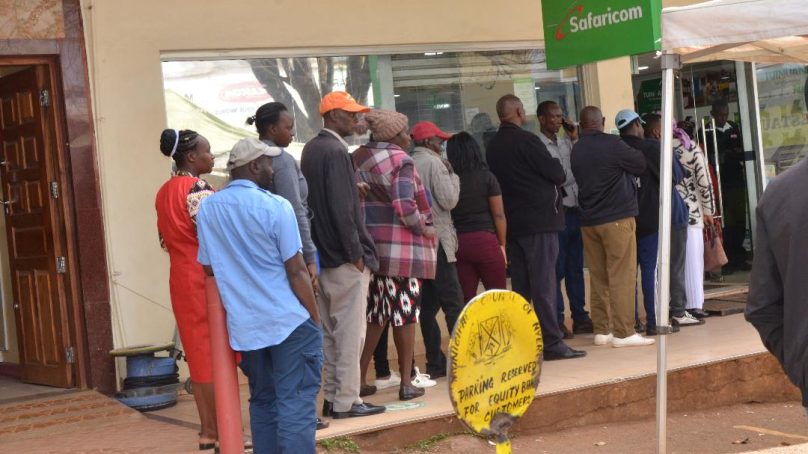
Media houses operating with ‘questionable’ licences could have a one-year grace period to remain on-air if a new bill sponsored by Aldai Member of Parliament Marianne Kitany becomes law.
The Kenya Information and Communication (Amendment) Bill 2025 proposes the Kenya Communication allows such houses to run their operations for a period not exceeding twelve months to allow them align their operations in accordance with the provision of the proposed law.
According to the Bill which proposes to amend Fifth Schedule CAP 411 A of the Kenya Information and Communication Act, such broadcasting houses will be required to be registered afresh by the CA, irrespective of whether their permits had been granted by the cabinet secretary in charge of broadcasting.
“The commission shall respect and uphold the vested rights and interests of parties holding broadcasting permits issued by the Cabinet Secretary prior to the commencement of this Act provided that the parties shall be granted a period nor exceeding one year or such longer period and subject to such terms and conditions as the cabinet secretary may by notice specify,” reads sections 27 (2 a, b) of the bill.
“Before the expiry of one year, or such a longer period as aforesaid period such parties shall apply to the commission to be licensed under this Act.”
The bill also proposes to amend section 27 A CAP 411 A of the principal act where it outlines regulations to be adhered to by telecommunications operators while registering new Subscriber Identity Module (SIM cards).
Under the amended provision, telecommunications operators must ensure existing subscribers register their SIM cards as required. In addition, such operators must ensure registration details of a client remain confidential and shall not be disclosed to a second party without the subscriber’s consent.
Such details include a person’s name, identity card number date of birth, gender, physical location and postal address. However, under subsection 3 of the Bill, relevant state organs may access a person’s details whenever required if such data may border on national interest.
“Notwithstanding the provisions of subsection (2) (c), a telecommunications operator may disclose the registration particulars of a subscriber for the purpose of facilitating the performance of any statutory functions of the Authority (or) in connection with the investigation of any criminal offence (or) for the purpose of any criminal proceedings, or for the purpose of any civil proceedings under the Act,” reads subsection 3a, b, c of the Bill.
However, subsection (3 a) shall not apply to services rendered by a telecommunications operator on behalf of a public body.
An individual or entity that contravenes the provision of this section is liable on conviction to a fine not exceeding five million shillings.
Kitany also seeks to amend Section 27 A of the principal Act to compel internet service providers to submit their billing system to the CA towards the end of every financial year. Such information shall include all internet numbers issued to their subscribers and also allow verification of invoices.
All licenses and registries held by internet service providers shall be deemed valid until their expiry date with subsequent registration to be carried under the new act.
“An internet service provider shall operate a meter billing system which shall assign to each customer a unique and identifiable meter number, monitor customer usage, convert customer usage into readable details and create invoices based on consumption,” reads subsection (3c) of the bill.
Under Memorandum of Understanding and Reasons, Kitany advances the need for amending the Kenya Information and Communication Act Cap 411A is to provide for internet billing by service providers based on consumption and address the problem of exploitation of internet users.
Article 46(2) mandates parliament to enact legislation to provide for consumer protection and for fair, honest and decent advertising.
In addition, according to the lawmaker, the proposed law seeks to develop and deploy a quality metered billing system capable of monitoring clients’ usage, convert to readable detail and create invoices based on consumption to evaluate the value customers derive from registered internet service providers.
She also says the bill, in no way, inhibits the fundamental rights and freedoms of any Kenyan.
- A Tell Media / KNA report / By Samuel Maina







